Hot Girl Summer Secured
How Megan Thee Stallion turned a viral moment into a legal legacy—and what you can learn from it. | I Am What an Intellectual Property Attorney Looks Like.
Hey Fam,
It’s summertiiimmmmeeeee….and the living is eassyyy.
Well, in some ways more than others.
But the one thing you can count on to go hard?
Megan Thee Stallion’s work ethic.
There’s a particular kind of power in watching someone fight for what’s already theirs.
Megan Thee Stallion gave us “Hot Girl Summer”—a phrase that turned into an anthem, a vibe, a cultural reset.
It was playful, bold, feminist, and unapologetically hers.
But what happened next is a lesson every creative, founder, and changemaker should learn from.
Back in 2019, just as the world was screaming “Hot Girl Summer” from rooftop brunches and campaign billboards, Megan quietly filed a trademark application.
The culture crowned her.
But the law said, “Not yet.”
Her application was initially rejected, with the hardest substantive rejection to overcome, in fact.
The reason?
The phrase had become so widely used that the U.S. Patent and Trademark Office argued it no longer pointed to a single source.
It had become too viral, too universal, too… public.
But Megan wasn’t deterred.
She didn’t rebrand. She reinforced.
She kept using it. Loudly. Legally. Consistently.
And now? She officially owns the rights to Hot Girl Summer®.
But that’s just the beginning.
Megan’s journey to trademark ownership was something bigger than what initially meets the eye —it was about power, timing, and resilience.
Through her company, Hot Girl Trademark Holdings, Megan has since filed over 90 trademarks, including:
Hot Girl Fit™
Hot Girl Essentials™
Cognac Queen™
Hottie Boot Camp™
Tina Snow™
And even Hot Girl Semester™
This isn’t branding for fun. This is branding for legacy.
So what can we learn from it?
Loving This Post?
Show us some love by adding a “❤️” or commenting below; this will make our hearts sing.
But First, Church Announcements
Trademark Watch Services Are LIVE:
We’re helping founders stay proactive—not reactive—when it comes to protecting their trademarks. Learn more here: bit.ly/FFTCConcierge
Trademark law, if we’re being completely honest, if often a popularity contest dressed up in legal jargon.
A name, phrase, or symbol can quietly exist for years — only to explode overnight because of a viral moment, a cultural shift, or sheer unexpected hype.
Think about it:
Before 2020, “Corona” meant a beer and maybe a solar eclipse.
After the global pandemic, it carried a radically different weight — and brands with names even remotely related had to scramble to adjust, rebrand, or defend themselves.
Timing is everything in trademark law.
And once something is in the public consciousness, you’re no longer just staking your claim — you’re fighting everyone else’s claim too.
That’s what happened to Megan.
One of the main reasons her original application for “Hot Girl Summer” was denied? Timing.
By the time she filed, the phrase had already caught fire on social media.
Everyone and their cousin was printing it on mugs, shirts, and Instagram captions.
That made the path to ownership harder, longer, and exponentially more expensive.
Here’s the lesson:
👉🏾 File early.
Trademark applications are public markers of intent.
They plant your flag and say: “This is mine. This is part of my brand story.”
Waiting until something “takes off” often means you’re too late — and you’ll end up spending more time fighting off infringers than building your brand.
If you’ve coined a phrase, built a framework, or created a recognizable identity — start the process now.
Before the world runs with it, and before someone else tries to claim it as their own.
The USPTO initially rejected Megan’s application. Many would’ve taken that as a sign to walk away quietly and lick their wounds.
Megan didn’t.
She doubled down.
She didn’t abandon the phrase that made her a household name — she kept putting it on T-shirts, rapped about it on stage, and owned it proudly in every interview and tweet.
She built the Hot Girl Summer energy into her brand DNA, whether the paperwork agreed or not.
Because here’s the thing: in trademark law, a “no” isn’t always the end of the road.
It’s just the beginning of a bigger fight.
A refusal can mean many things, including:
More evidence is needed to prove your claim.
There’s a similar mark, and you need to argue why yours is different.
The USPTO just wants you to clarify how you’re using the mark.
It’s a battle, not the war.
If you’ve got the receipts — and the legal strategy to back them up (that’s where a great trademark attorney can come in) — you can respond, amend, and refile.
And if your claim is legit?
You can win.
Megan did.
And not only did she win, but she turned her public struggle into proof of concept — showing other artists, creators, and brands what it looks like to bet on yourself, stay persistent, and claim your seat at the table.
If your application gets rejected?
Don’t crumble.
Regroup.
Get counsel (call us).
Respond strategically.
And keep going.
Because a strong brand is not just something you own. It’s contigent upon your ability to defend what’s yours.
Let’s not forget who Megan is.
A woman who’s turned public heartbreak, betrayal, industry politics, and relentless scrutiny into fuel — and somehow still stands taller than ever.
She turned her pain into power — and her brand into property.
Not just by showing up.
But by being vigilant about what’s hers.
Because resilience isn’t passive.
It’s proactive
This is what real brand resilience looks like:
Filing trademarks before the world tries to run off with your ideas.
Using legal strategy as armor, not just after you’re attacked — but before.
Leveraging your story to build licensing deals, brand partnerships, and passive income streams that outlive trends and trolls alike.
Megan is doing more than surviving the music industry — she’s licensing her name, dropping multiple trademarks, building merchandise lines, and legally protecting every piece of her intellectual property so that her legacy is hers to profit from.
Resilience isn’t just her story.
It’s her business plan.
For founders and creatives, that’s the deeper lesson: you can’t control public opinion, but you can control ownership.
You can’t prevent every obstacle, but you can build systems to withstand them.
And that’s what makes resilience so powerful: it doesn’t just help you bounce back — it sets you up to bounce forward, stronger than before.
So next time someone calls you “too much” for protecting your work, remember: you’re here for more than the “vibes.”
You’re here because of a legal strategy.
And it pays.
Megan Thee Stallion didn’t just give us Hot Girl Summer.
She gave us a blueprint.
A blueprint for how creators, especially Black women, can protect their genius, challenge the system, and win in rooms that were never designed for us.
Whether you’re a coach, entrepreneur, designer, or artist—your voice matters. Your brand matters. Your IP matters.
You don’t have to wait to be famous.
You just have to decide you’re worth protecting.
What’s your “Hot Girl Summer”?
Drop it in the comments.
Let’s talk about turning that brilliance into a blueprint—and that blueprint into a legacy.
Need Help Protecting Your Creativity?
If you are unsure—or if you know you need to take action—reach out to us.
We have helped countless founders and creatives safeguard their intellectual property, and we would love to do the same for you.
If you need further guidance, reach out to me and my team at Firm for the Culture.
We’re here to help you navigate the copyright, trademark, and thought leadership journey.
Can’t wait to help you protect your dynamic impact.
And #ThatsAWrap
The Doors of the Church Firm Are Open
Thanks for reading.
See you next time.
#PurposeInProgress





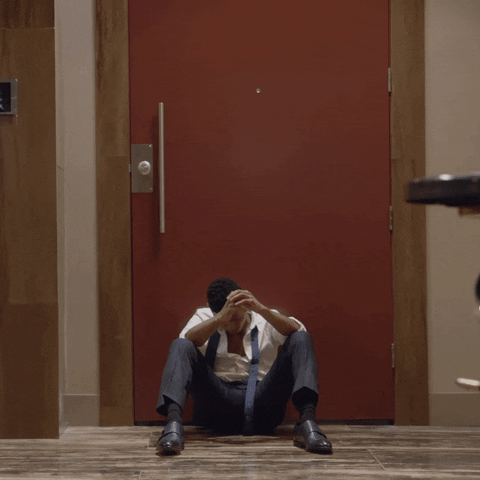



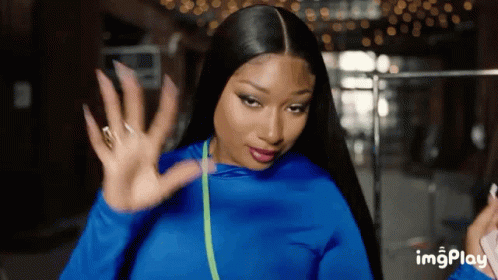



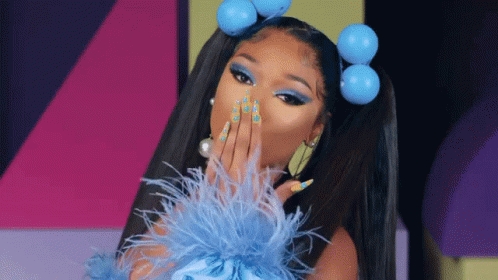

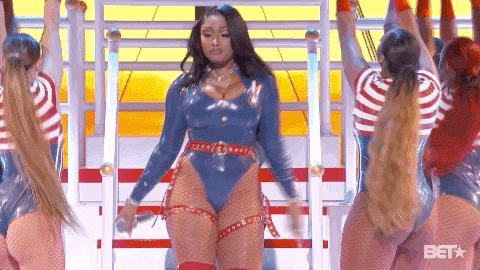

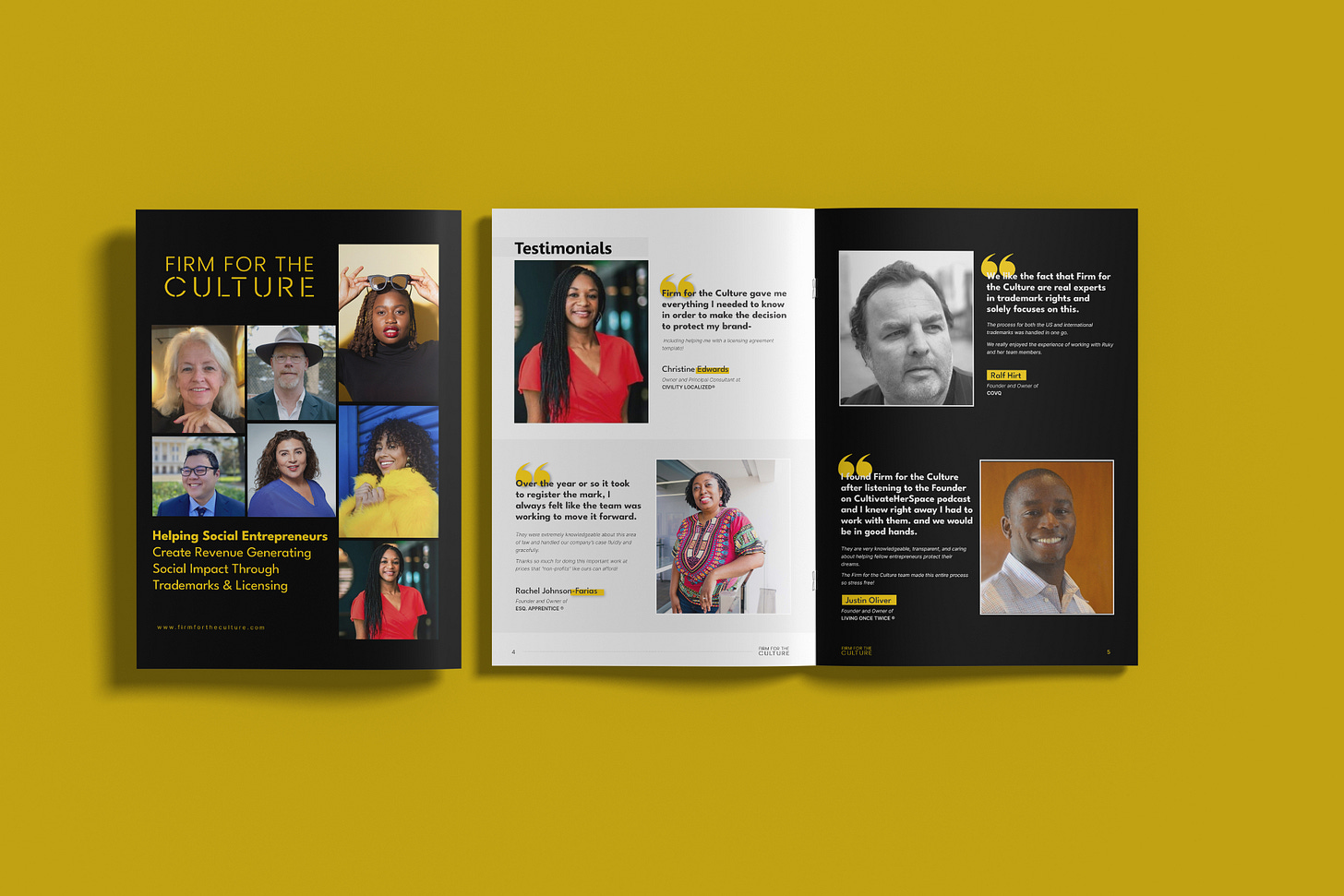
Inspirational.